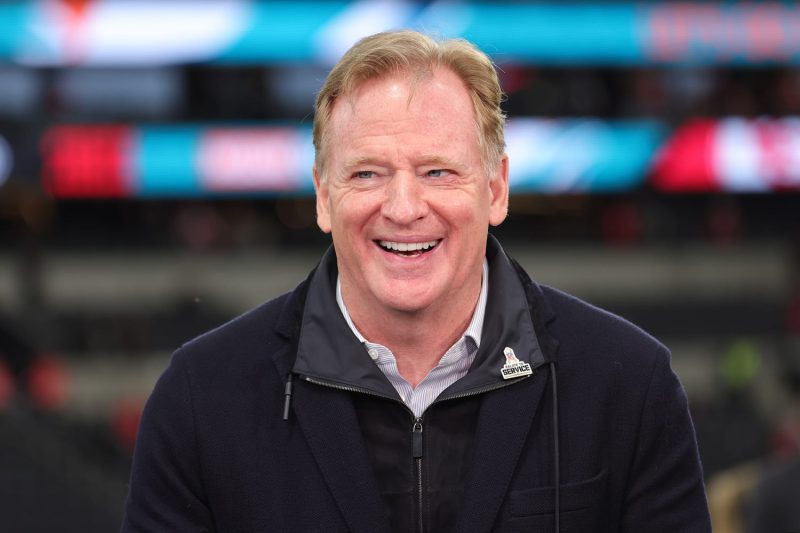In a significant shift that could reshape the landscape of professional sports team ownership, NFL Commissioner Roger Goodell announced that the league is open to allowing private equity firms to own stakes in up to 10 teams. This groundbreaking development marks a departure from the traditional ownership model in professional sports, where teams have historically been owned by individual investors or families.
Private equity firms are known for their expertise in financial investing, often seeking opportunities to maximize returns on their investments through strategic management and operational improvements. By allowing private equity ownership, the NFL could potentially benefit from increased capital infusion and more sophisticated business management practices that could drive growth and innovation within the league.
While the prospect of private equity ownership brings a new dimension to team ownership, there are potential implications and considerations that must be carefully weighed. One key concern is the potential for conflicts of interest that could arise when private equity firms prioritize financial returns over the long-term stability and success of the team and the league as a whole. Additionally, there may be questions surrounding the level of control and influence that private equity owners would have over team operations and decision-making processes.
On the other hand, private equity ownership could also bring about positive outcomes for the teams and the league. Private equity firms could inject much-needed capital into struggling franchises, helping them improve their competitive position and overall financial health. Moreover, the expertise and resources that private equity firms bring to the table could help teams modernize their operations, enhance fan engagement, and drive revenue growth through innovative business strategies.
It is essential for the NFL to establish clear guidelines and safeguards to ensure that private equity ownership aligns with the league’s core values and objectives. Transparency, accountability, and a commitment to upholding the integrity of the game should remain paramount in any discussions around private equity involvement in team ownership. By striking the right balance between financial interests and the long-term health of the league, the NFL can navigate this new frontier of ownership with confidence and integrity.
As the NFL explores the possibility of private equity ownership, it will be crucial for stakeholders to engage in open dialogue and thoughtful deliberation to address the potential opportunities and challenges that come with this evolving ownership model. Ultimately, the decision to embrace private equity ownership could pave the way for a new era of growth and innovation in the NFL, reinforcing its position as a global powerhouse in professional sports.
